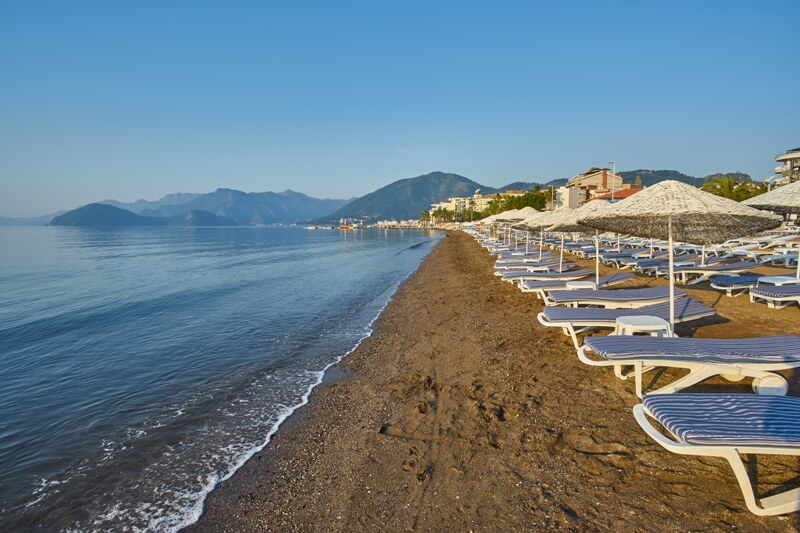Spain is one of the most demanded countries when it comes to sun and beach tourism, both for nationals and for those who do not live within our borders, because our country has a large number of kilometers of coastline, a good climate in summer, a rich gastronomy and a good range of leisure activities for the whole family.
But this tourism, although it brings a great economic contribution to our country, is not very sustainable at first sight, as it causes an excessive exploitation of the area and the planet, causing high levels of consumption, pollution and urbanization of the territory.
This exploitation leads to climate change, which in turn causes more heat waves that affect tourism and a rise in sea level that puts some coastal areas at risk.
That is why one of the objectives is to achieve a much more sustainable beach and sun tourism. In other words, making travel compatible with respect for the environment.
What do we mean by sustainable tourism?
Sustainable tourism is not a new invention. As early as 1988, the World Tourism Organization defined it as “tourism that leads to the management of all resources in such a way that economic, social and aesthetic needs are met while maintaining cultural integrity, essential ecological processes, biological diversity and life-support systems. ”
Today it is still defined in much the same way, but it is very difficult to maintain the conditions established by this definition. Even so, it is intended to ensure that the activity can last over time. That is, that the following generations can continue to enjoy this tourism and that it has not disappeared due to climate change.
However, even so, this type of tourism is becoming more and more sustainable, as more and more people are investing in eco-tourism and more and more people are getting involved in cleaning the beaches and caring for the seas.
What is being done to make sun and beach tourism more sustainable?
Today, very innovative projects are being carried out and many tourism companies are carrying out actions to achieve this sustainability with the help of other large entities, such as the Global Sustainable Tourism Council.
There is also a distinction for beaches that guarantees that these beaches meet the qualities of excellence, safety and quality. It is the so-called blue flag.
Spain is one of the countries that has received the most awards of this type in the world. In order to obtain the blue flag, it is necessary to comply with certain requirements, such as providing information through posters on environmental education, good water quality, good environmental management and availability of services.
In addition to all this, it is also necessary to take into account the conservation of the environment and nature, so companies are already implementing good practices to try to reduce damage to the environment and reduce environmental impact.
One of the measures being taken is to limit excessive tourism and try to avoid crowds on the beaches.
Renewable energies are also of great importance, which is why we are trying to train large businessmen in this sector in this area so that they can use this type of energy and thus help to preserve the environment.
In short, if we have to answer the question of whether sun and beach tourism is sustainable, the answer is no, but we are making more and more progress in this regard and we are becoming less and less unsustainable.
What can the tourist do?
Sustainable tourism is not only achieved through the actions of the entrepreneur, but it is also necessary for the tourist to become involved and committed to sustainability.
To do so, the tourist can carry out the following actions:
- Use sustainable transport, such as bicycle, train, boat, electric car ….
- Search for sustainable housing. In Spain, there are more and more accommodations of this type.
- Carry out sustainable activities with nature, such as wine tourism or adventure sports.
If tourists carry out all these actions, they make entrepreneurs move to be able to offer them and therefore make them commit to sustainable tourism.


0 Comments